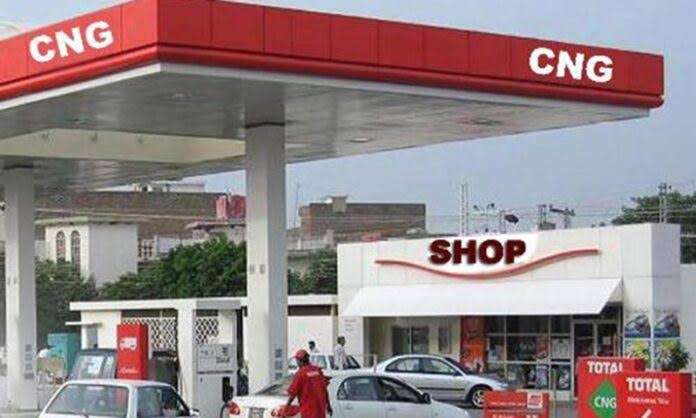Nigeria is grappling with its worst cost-of-living crisis in decades following the government’s removal of petrol subsidies last year, which caused fuel prices to more than triple.
Transportation costs have surged, forcing many Nigerians to abandon their vehicles, while others struggle to adjust to a compressed natural gas (CNG) initiative meant to ease the crisis.
The initiative, launched in August, aims to tap into Nigeria’s vast gas reserves — the largest in Africa — by converting petrol-powered vehicles to run on CNG and deploying CNG-powered buses.
The government has invested $200 million in the program, and over 100,000 vehicles have already been adapted to use CNG or a hybrid of CNG and petrol, according to Michael Oluwagbemi, the project’s director.
The government plans to convert 1 million of Nigeria’s 11 million vehicles within three years. However, analysts highlight slow progress, citing poor infrastructure, low public awareness, and logistical hurdles as significant challenges to the plan’s success.
Awareness And Accessibility Hinder Progress
Despite the touted benefits — lower transportation costs and environmental advantages — the initiative has yet to gain widespread acceptance. Many drivers remain skeptical due to misinformation and limited infrastructure. “People are not keen about it because of a lack of orientation,” said Ahmed Halilu, an e-hailing driver who converted his car and now saves $240 monthly on fuel costs.
Concerns about safety have also dampened enthusiasm. Some drivers fear that CNG conversions could lead to explosions, a claim regulatory agencies refute. However, a recent explosion in southern Edo state involving a CNG-powered vehicle installed by an unaccredited vendor has amplified these fears.
Adding to the challenge is the scarcity of CNG refilling stations. Currently, only 13 of Nigeria’s 36 states have CNG filling stations. Even in major cities like Abuja and Lagos, drivers often wait for days at conversion workshops. For many, the cost of conversion — 20 times the monthly minimum wage of $42 — remains prohibitive.
Regional Disparities And Infrastructure Gaps
The limited reach of Nigeria’s gas pipeline infrastructure further complicates the initiative. Many northern and eastern states lack access to CNG, leaving drivers in these regions reliant on expensive petrol. Abdul Manasseh, an e-hailing taxi driver in Abuja, shared his frustrations: “A colleague had to travel about 200 kilometers to refill his cylinder.”

The challenges mirror those faced by the push for electric vehicles in Nigeria, where adoption has been slow due to unreliable electricity and high costs. With over 210 million citizens, the country’s underinvestment in energy infrastructure continues to hinder large-scale transitions to cleaner alternatives.
Government Seeks To Build Confidence
Recognizing the obstacles, the government is working to address misconceptions and improve infrastructure. “CNG is a cleaner fuel, it is a cheaper fuel and it is a safer fuel compared to the petrol that we are used to,” said Tosin Coker, head of the initiative’s commercial matters. “So you will have more money in your pocket, and it’s cleaner for the environment.”
The authorities remain optimistic, aiming to convince Nigerians that switching to CNG will ultimately lower transportation costs by nearly 50%. However, as public trust wavers and infrastructure remains insufficient, the road ahead for the CNG initiative appears fraught with difficulties.
For many Nigerians, the cost-of-living crisis remains an immediate and pressing concern. Until the government’s initiatives deliver tangible relief, the economic burden on everyday citizens will likely persist.
READ ALSO: Prof. Asare Cautions EC on Handling Votes for Deceased Candidates























